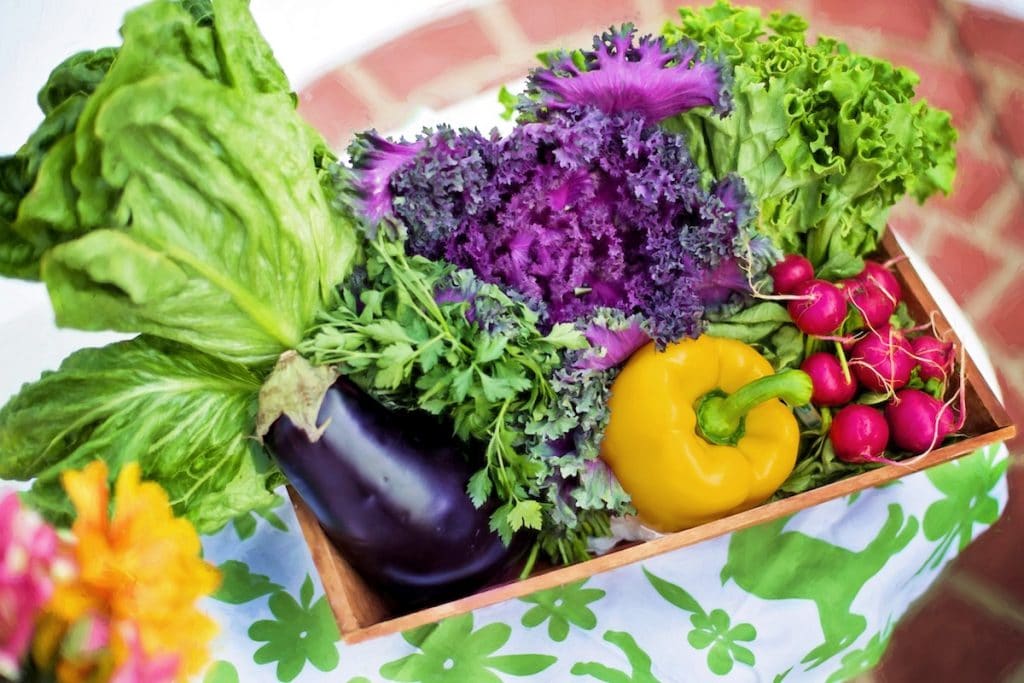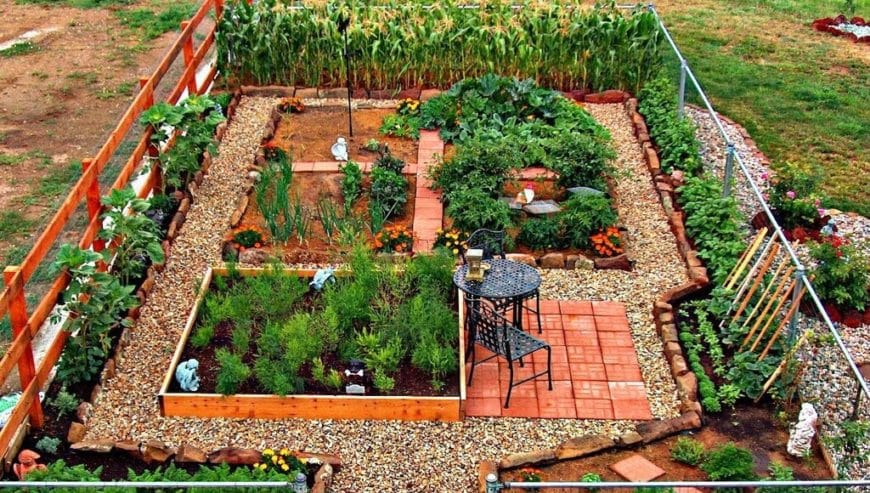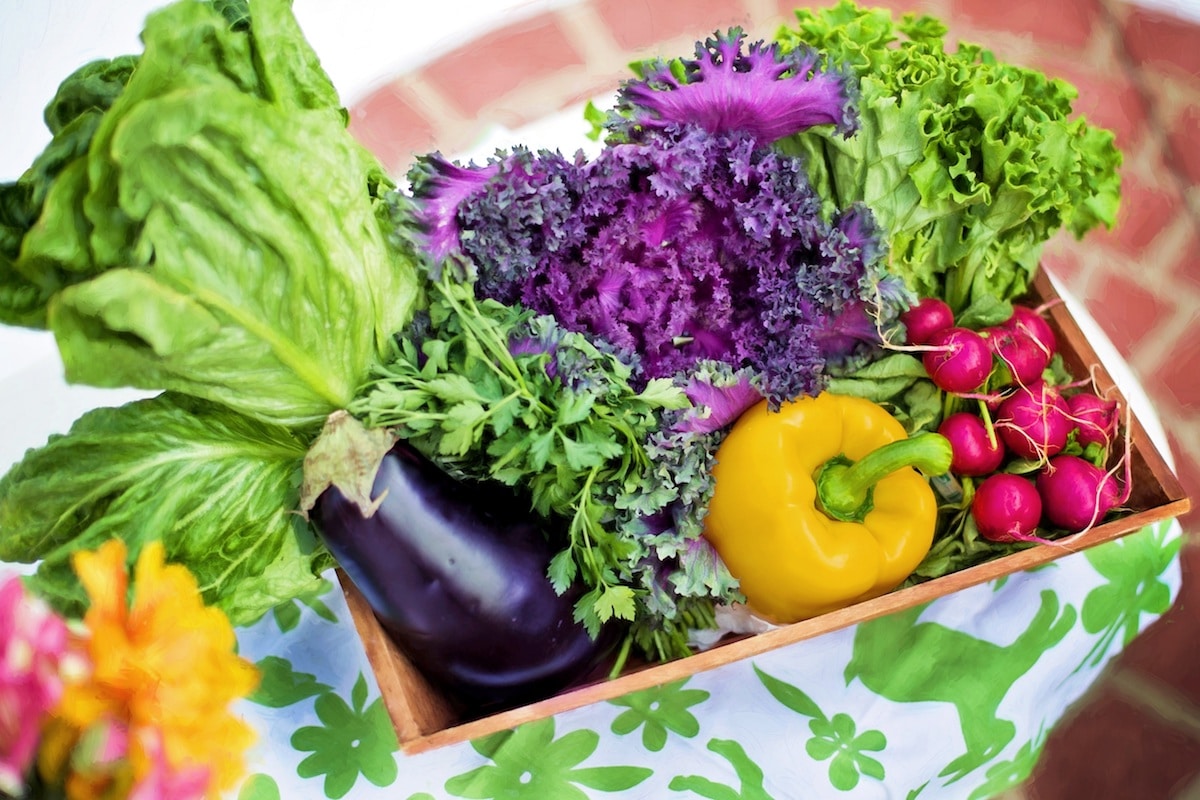
Growing your own fruit and vegetables is an easy service to many health, ecological, and economic issues. Whether you are growing a single tomato plant or have a large yard to garden, it is useful to your health, in addition to the environments.
” Backyard gardening can influence you to take an interest in the origins of your food and make much better options about what you put on your plate, say an internist at Harvard-affiliated Massachusetts General Hospital. “When you grow your own food, you savor it more since of the effort it took to get to the table.”
All you need is patience, a little time, a water source, and a location to plant. Some individuals can do it, and so can you. To convince you more, take a look at the benefits of growing a veggie garden listed below.
Growing your own food has numerous health benefits:
– It assists you eat more fresh fruits and vegetables.
– You choose what kinds of fertilizers and pesticides come in contact with your food.
– It lets you control when to collect your food. Vegetables that ripen in the garden have more nutrients than some store-bought vegetables that need to be selected early.
Growing your own food isn’t brain surgery. Growing food is extremely basic,” states Kathleen Frith, handling director of the Center for Health and the Global Environment (CHGE) at Harvard Medical School. “It takes a little time, but things like tomatoes, lettuce, peppers– fundamental kitchen crops– are extremely forgiving. Actually, anyone can discover to grow food pretty quickly.”
Frith showed that when she spearheaded the Harvard Community Garden, a big collective job in Harvard Square. Trainees tend the garden and grow a range of vegetables and fruits. The garden’s bounty is donated to food shelters or featured on the menu at the Harvard Faculty Club.

If you’re interested in growing food in your backyard, here are some ideas:
– Start small and plant things you ‘d really like to eat.
– Pick an area with at least 6 hours of excellent daytime light and access to water.
– Use contaminant-free soil.
– Consider utilizing a raised garden bed, which permits you to control the soil and nutrient blend.
– Talk to farmers or other yard garden enthusiasts in your location to get a sense of what grows well in your region and when.
If you don’t have space for a garden in your home, a neighborhood garden is another alternative. You can discover one in your neighborhood through the American Community Gardening Association.
“You will be astonished by just how much enjoyable gardening can be, and the pride you take in sharing healthy food supported by your own efforts,” says Acacia Matheson, the CHGE’s assistant director of interactions. “We hope that people will establish more interest in discovering about their food options and how to prepare fresh, healthy food at the house.”
Be client as you cultivate your relationship with your garden and the Earth. Soon, you’ll enjoy the advantages. You might even see a little tint of green on those thumbs.
